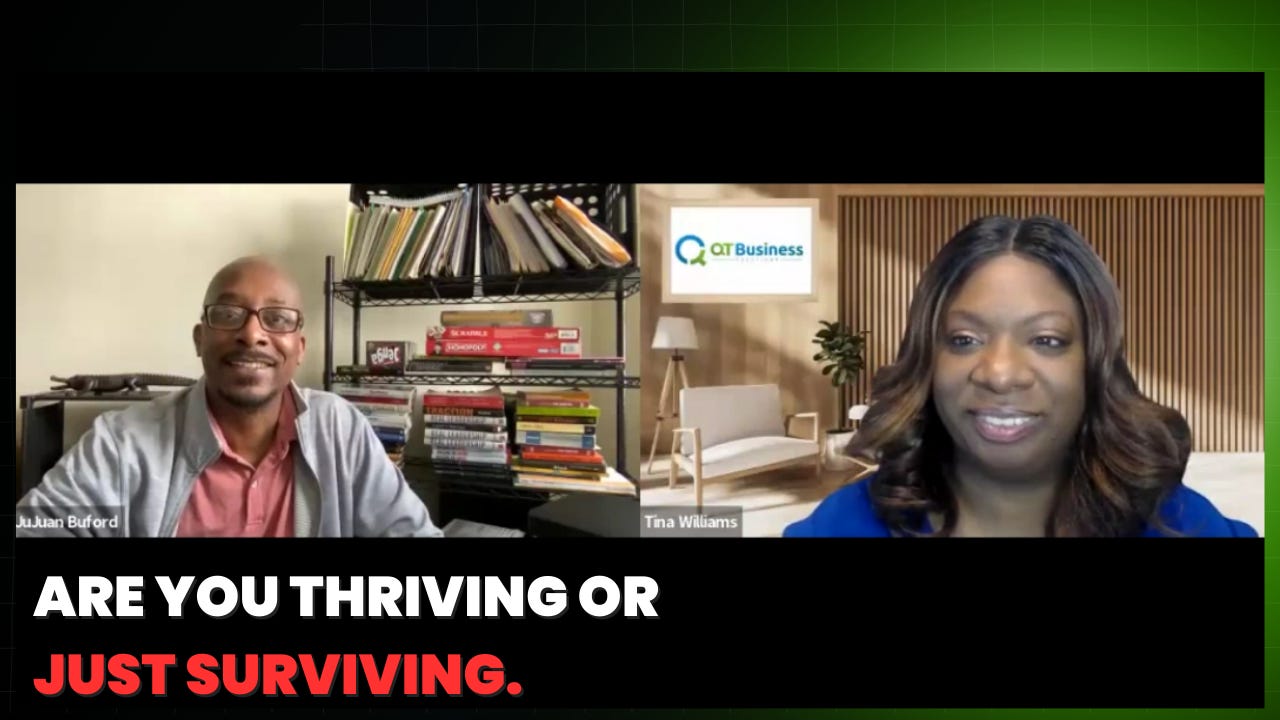In the bustling entrepreneurial ecosystem of Detroit, business owners are facing unprecedented challenges. Economic shifts, evolving competition, and fundamental gaps in business knowledge have created a precarious landscape where only the most prepared can thrive. In an in-depth conversation with business strategist Tina Williams, we uncovered the core issues that plague small business owners and the critical strategies they must adopt to scale successfully.
The Hard Truths About Entrepreneurship
Detroit’s entrepreneurs often operate in survival mode, struggling with inadequate financial planning, poor marketing investment, and an underdeveloped growth mindset. Many rely heavily on free resources and resist investing in the services and mentorship necessary to scale. According to Williams, this reluctance to spend money in areas such as professional coaching and marketing is one of the key reasons businesses stagnate.
“We have to start thinking bigger,” Williams asserts. “It is no longer about one service here, one service there. We have to think in economies of scale.”
The tendency to chase funding without a concrete plan is another common pitfall. Many entrepreneurs see capital as the solution to their problems, rather than treating it as a tool to enhance a well-structured business model. Williams warns against acquiring funds without a clear strategy for deployment, as it often leads to financial mismanagement and even greater difficulties down the road.
Breaking the Cycle: The Role of Business Credit and Strategic Funding
One of the most misunderstood aspects of business growth is credit. With misleading social media narratives about obtaining large business credit lines overnight, Williams breaks down the reality.
Building a solid business credit profile requires structure and patience. Entrepreneurs need to establish vendor relationships, maintain a strong Paydex score with Dun & Bradstreet, and demonstrate responsible credit use. Unlike personal credit, business credit can provide access to essential tools—such as Dell computer lines and office supply credit—without leveraging personal financial health.
“Most entrepreneurs want cash in their account so they can hire employees, launch marketing campaigns, and cover payroll,” Williams explains. “The problem is that they get funding and then misuse it—on personal expenses or unnecessary assets that don’t contribute to growth.”
Listen to this episode with a 7-day free trial
Subscribe to The Grow Givers Project to listen to this post and get 7 days of free access to the full post archives.













